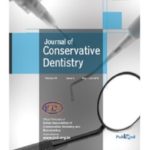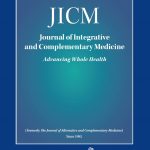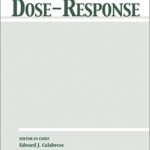Homeopathic consideration for resistant endodontic bacteria Enterococcus faecalis: An in vitro comparative disc diffusion study

Background: Homeopathy is one of the commonly used systems of complementary or alternative medicine. The present study was conducted with an aim to compare the antibacterial efficacy of two commonly used homeopathic medicaments acid benzoicum 30C (SBL Pvt Ltd) and silicea 6C (SBL Pvt Ltd) with that of calcium hydroxide (Deepti Ltd) as intracanal medicament against Enterococcus faecalis (ATCC-29212). Materials and Methods: The test organism used for the study was E. faecalis. Petri plates with 20 ml of sheep blood agar were inoculated with 0.1 ml of the microbial suspensions. The medicaments to be tested for antimicrobial efficacy against E. faecalis were divided into three groups: Group A (acid benzoicum), Group B (silicea), and Group C (calcium hydroxide). The antimicrobial activity of each medicament was measured and expressed in terms of the mean of the diameter of zone of inhibition (in mm) produced by each extract at the end of the incubation period. ANOVA and Tukey’s honestly-significant difference posthoc test were used for the intergroup comparison. P < 0.05 was considered statistically significant. Results: Group A (acid benzoicum) showed the maximum zone of inhibition against Gram-positive E. faecalis (17.2 ± 0.65), and the difference between the groups related to the antibacterial activity was highly significant (P < 0.001). A statistically significant difference was observed between the three groups on the intergroup comparison (P < 0.001). Conclusion: In the present in vitro study, antimicrobial activity of the acid benzoicum extract was the highest followed by silicea extract and then calcium hydroxide.








Lascia un commento
Devi essere connesso per inviare un commento.